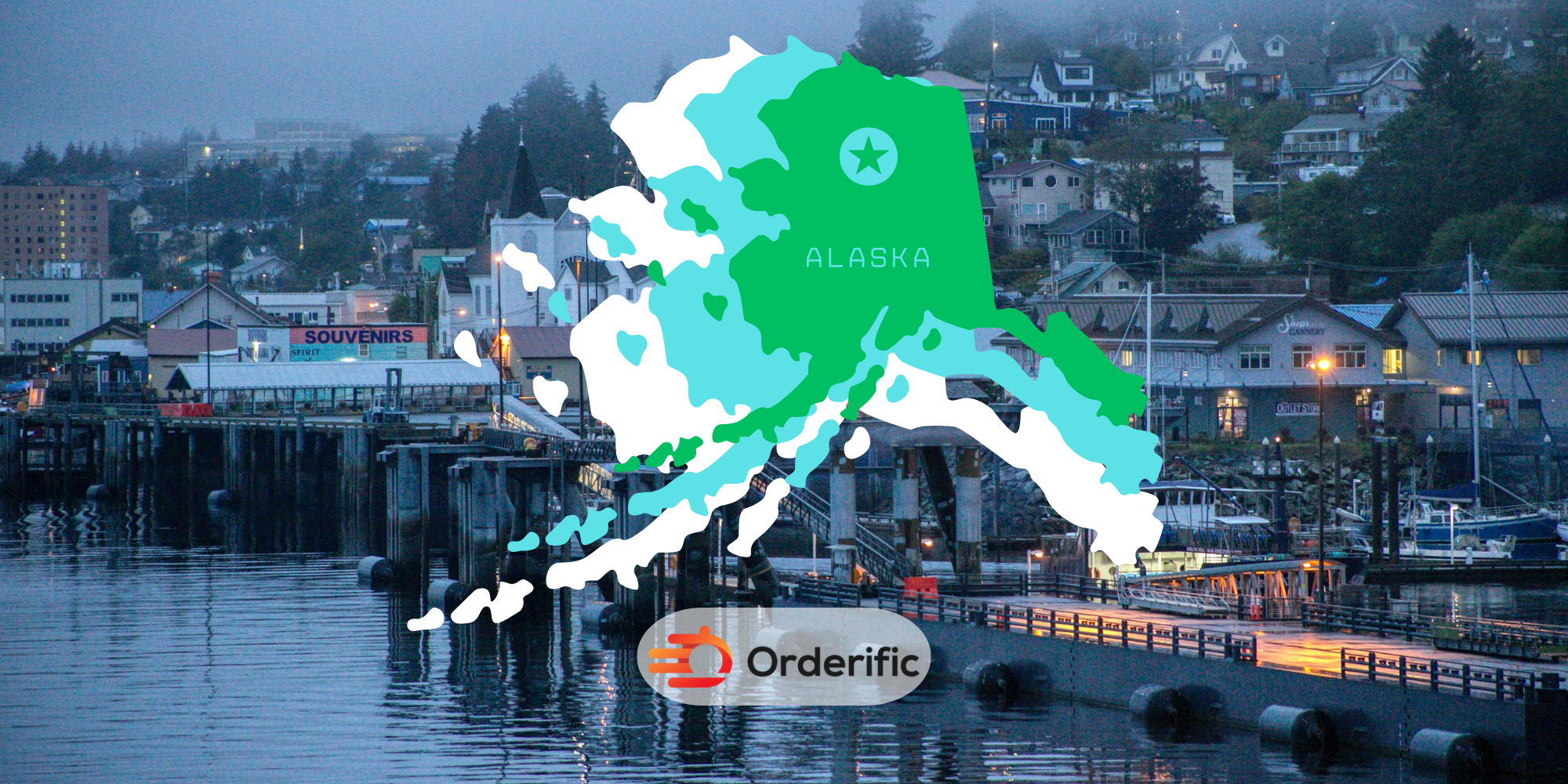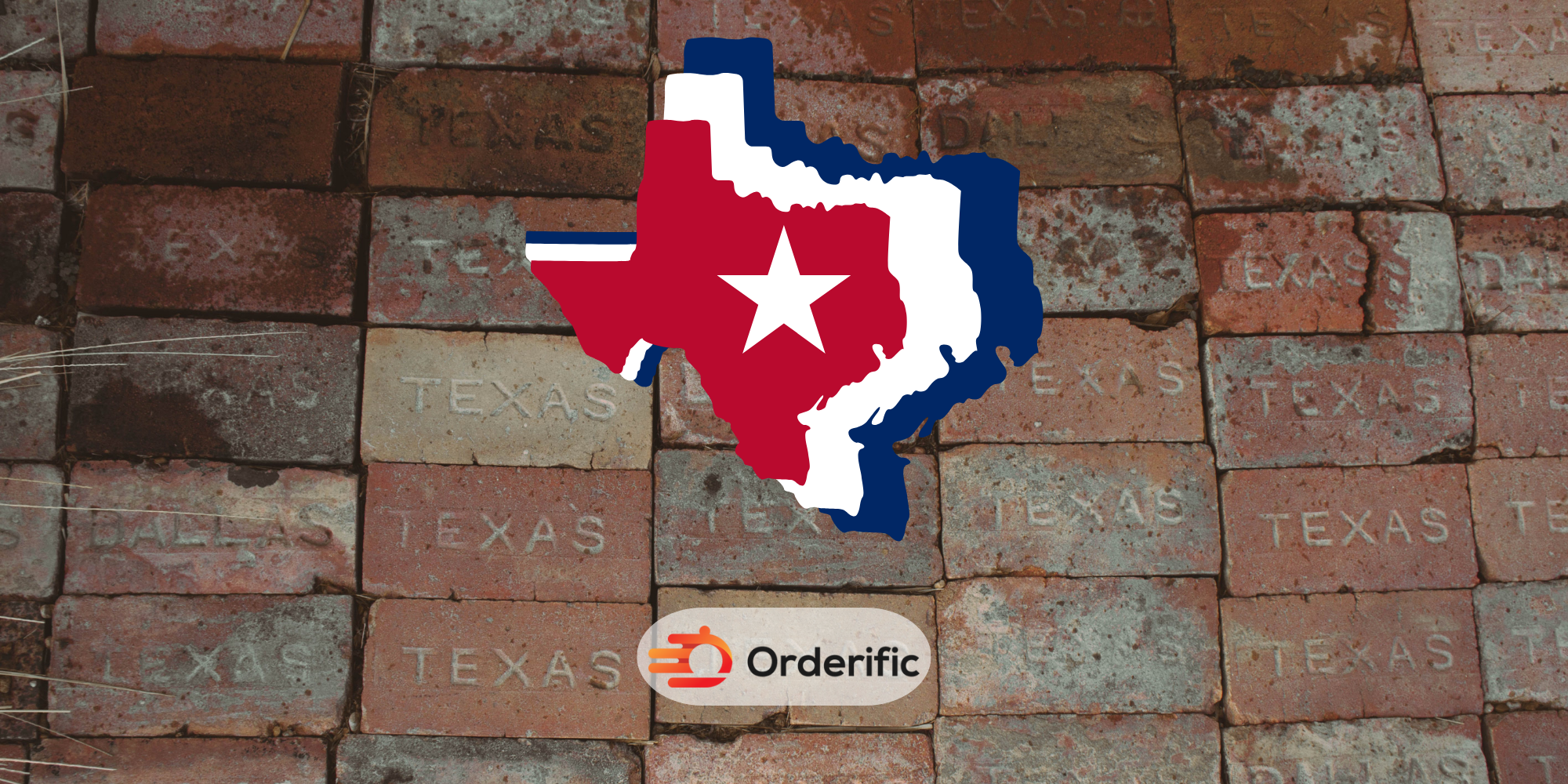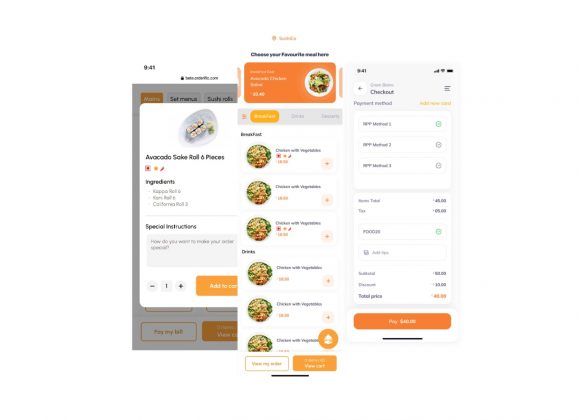Are you a budding entrepreneur looking to start your own food or beverage business in Alaska? Congratulations! Taking the plunge into business ownership is an exciting adventure, and you’re sure to encounter some challenges along the way. One of the key steps that you need to take before launching your venture is obtaining an Alaska business license.
An Alaska business license is a legally required document that permit you to operate your business in the state. Depending on the type of business, you may be issued one or more license from different local, state, and federal agencies. In addition to granting you the authority to operate, a business license also serves as proof of compliance with applicable laws and regulations.
In this guide, we’ll cover the necessary steps you need to take to obtain an Alaska business license and ensure that your food or beverage business complies with all applicable regulations.
Why You Need a Business License in Alaska
The Alaska Department of Commerce, Community and Economic Development (DCCED) is the state agency responsible for overseeing business registration and licensing. The DCCED requires businesses in the hospitality industry to obtain a state-approved license before operating. Additionally, any business that serves or sells food must also get approval from the Alaska State Health Department’s Food Safety Program.
The requirements for obtaining an Alaska business license can vary from one industry to another, so it’s important to understand what is necessary for the type of business you’re starting. Depending on your venture and the location of your operation, you may need to obtain more than one license or permit to comply with all applicable laws and regulations.
Steps to Obtaining an Alaska Business License
One of the first steps in obtaining an Alaska business license is identifying the type of business you plan to run. This decision will determine the specific licenses and permits you’ll need, as well as guide you through the specific procedures and regulations you’ll need to follow.
- Determine Your Business Structure: The type of business structure you choose for your food or beverage venture will determine the process you must follow to obtain a license in Alaska. The most common business structures are sole proprietorships, partnerships, limited liability company (LLC), and corporations.
- Register Your Business Name: Once you’ve determined the correct business structure for your venture, the next step is registering your business name with the DCCED. This process involves submitting an application for a fictitious business name registration and paying any applicable fees. After filing the paperwork, it’s important to keep a copy of your approved name registration certificate on file.
- Obtain a Tax Identification Number: You’ll also need to obtain an employer identification number (EIN) from the Internal Revenue Service. This unique nine-digit number is used for tax purposes and must be included on all business documents when filing taxes or other financial paperwork.
- Apply for an Alaska Business License: The final step is applying for an Alaska business license. You can do this by completing a business license application and submitting it to the DCCED along with any applicable fees or documents. The DCCED will process your application and issue you a business license. This must be kept on file at your place of business.
- Obtain Additional Permits and Licenses: Depending on the scope of your business and the location of your operation, you may need to obtain additional permits or licenses from local municipalities. Many food and beverage businesses are also required to obtain a health inspection certification. The Alaska State Health Department’s Food Safety Program is responsible about the issue before opening for business.
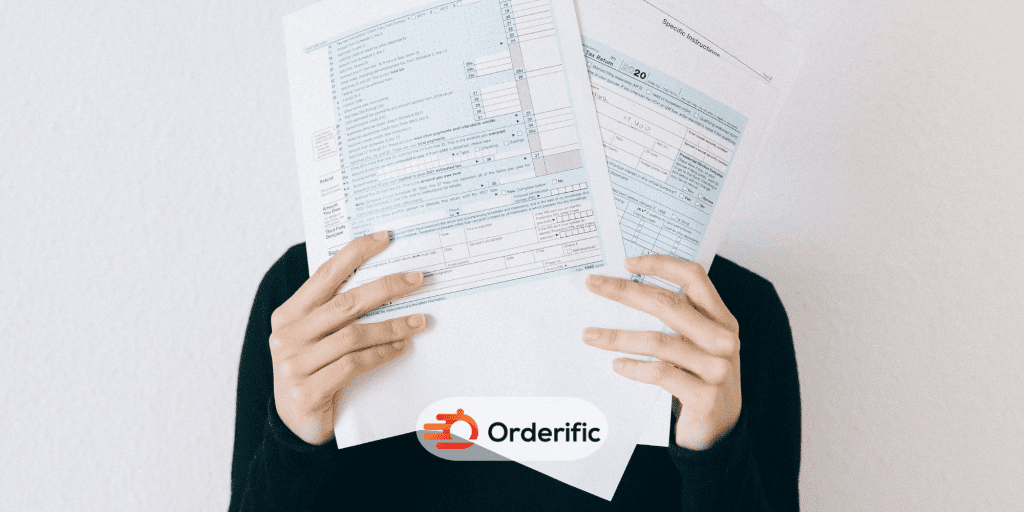
Complying with Alaska State Regulations for Food and beverage Businesses
Once you’ve obtained your Alaska business license, it’s important to remain in compliance with all applicable laws and regulations. It’s also essential to stay up-to-date on the latest food safety requirements mandated by the Food Safety Program. This includes taking special precautions when handling, storing, and preparing food products to ensure they meet health standards.
- Food Safety Regulations: The Food Safety Program establishes a set of rules and regulations for food business to follow to minimize the risk of food contamination. This includes following proper sanitation practices, storing foods at appropriate temperatures. And also using utensils and containers that are certified as safe for use with food items.
- Health and Sanitation Requirements: Food establishments are also required to ensure that all employees adhere to proper hygiene standards. This includes washing their hands before handling food, wearing protective clothing such as gloves and hairnets. And also storing personal belongings away from food preparation areas.
- Alcohol Beverage Control Board Regulations: If your business involves the sale or distribution of alcoholic beverages, it’s important to be aware of the rules and regulations established by the Alaska Alcohol Beverage Control Board (ABCB). This includes obtaining a separate license to sell alcohol and adhering to all applicable laws governing its sale.
- Labeling and Packaging Requirements: If you plan to package and sell food products, there are specific labeling requirements. These must be met for the products to be sold legally. This includes including an ingredient list, a nutrition facts panel, and other relevant information on product labels.
- Employment Laws: Finally, it’s important to be aware of the Alaska employment laws that apply to your business. This includes complying with minimum wage and overtime requirements, providing a safe working environment for employees, and adhering to other state and federal labor regulations.
Resources for Food & Beverage Entrepreneurs in Alaska
Starting a food or beverage business can be a daunting task. But there are many resources available to help you along the way. The Alaska Small Business Development Center offers assistance with business planning and financing. At the same time the Department of Labor & Workforce Development guides employment laws and regulations.
- Alaska Small Business Development Center: The Alaska Small Business Development Center offers free one-on-one business advising and training workshops to help entrepreneurs start, manage, and grow their businesses. They can assist with creating a business plan, accessing capital, hiring employees, and more.
- Alaska Department of Commerce, Community, and Economic Development: The DCCED is the primary agency responsible for business registration and licensing in Alaska. They have a wealth of resources available online, including information on how to obtain an Alaska business license. As well as guidance on local regulations.
- Alaska Food Policy Council: The Alaska Food Policy Council is a public-private partnership that works to promote food security and improve access to healthy, local foods in the state. They offer resources and assistance for farmers, ranchers, fishers, food entrepreneurs, and those looking to start an agricultural business.
- Alaska Seafood Marketing Institute: The Alaska Seafood Marketing Institute is a non-profit organization that works to promote and protect the state’s seafood industry. They provide resources on how to market, process, and distribute seafood products in compliance with health regulations.
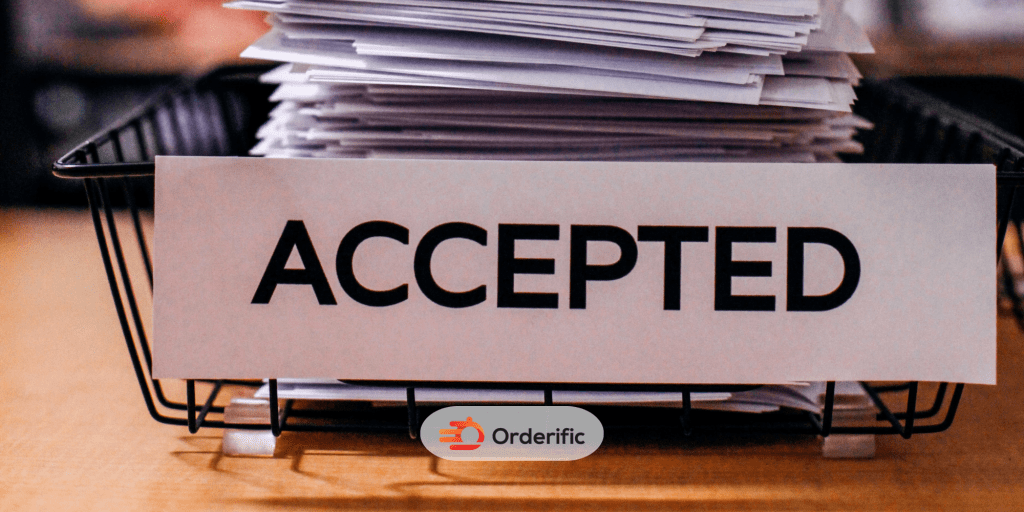
Common Challenges and Pitfalls for Food & Beverage Businesses in Alaska
There are a few key challenges to be aware of when starting a food or beverage business in Alaska. One is the country’s harsh climate, which can make it difficult to store and transport food products safely. Additionally, navigating the complexities of state regulations and obtaining all applicable licenses and permits can be time-consuming and costly.
- Seasonal Business Cycles: Alaska is a seasonal economy, so it’s important to plan for fluctuations in demand that can occur during different parts of the year. This can be challenging for food and beverage businesses that rely on locally sourced ingredients or require specialized storage conditions.
- Remote Locations and Limited Access: Many parts of Alaska are isolated and have limited access to resources. This can make it difficult for food and beverage businesses to obtain the supplies. And also for ingredients they need to run a successful operation.
- High Costs of Living and Operating: The cost of living and operating a business in Alaska is generally higher than in other states. This can make it difficult for entrepreneurs to get their businesses off the ground without access to capital.
- Shipping and Distribution Challenges: The logistics of shipping and distributing food products in Alaska can be a challenge. The cost of transporting goods to remote locations is often higher than it would be for businesses located elsewhere, which can make it difficult to turn a profit.
- Navigating Federal and State Regulations: Lastly, businesses in Alaska must comply with both federal and state regulations. This can be a challenge for food and beverage entrepreneurs who are unfamiliar with the rules and procedures that apply to their business.
Conclusion
Starting a food or beverage business in Alaska is an exciting endeavor, but it also requires careful planning and preparation. Obtaining an Alaska business license is a key step in launching your venture, and it’s essential to ensure you comply with all applicable local, state, and federal regulations.
Additionally, there are many common challenges that food and beverage businesses face in Alaska. These challenges due to the state’s unique climate and geographical location. So, you can be on your way to running a successful food or beverage business in Alaska.
If you ever need assistance with navigating licensing requirements or other aspects of launching your venture, it’s helpful to reach out to the state agencies and organizations that provide resources for small businesses. These organizations can offer guidance to help make sure your business is compliant and successful. Good luck!
You can find more informative content here with Orderific. For the many ways Orderific can improve your business, start trying it out here. It’s Orderific time now!
FAQs
What is an Alaska business license?
It is a permit issued by the state’s Department of Community and Economic Development that authorizes businesses to operate within the state.
Who needs to obtain an Alaska business license?
Any business that operates in Alaska must obtain a license before opening for business. This includes food and beverage businesses, as well as other types of ventures.
What types of businesses require a business license in Alaska?
All businesses that operate in the state must have an Alaska business license.
How do I apply for an Alaska business license?
You can apply for an Alaska business license by completing the application form on the DCCED’s website and submitting it with any applicable fees or documents.
What is the cost of an Alaska business license?
The cost of an Alaska business license varies, depending on the type of business and other factors.
How long does it take to obtain an Alaska business license?
The process typically takes two to four weeks from the date of application submission.


